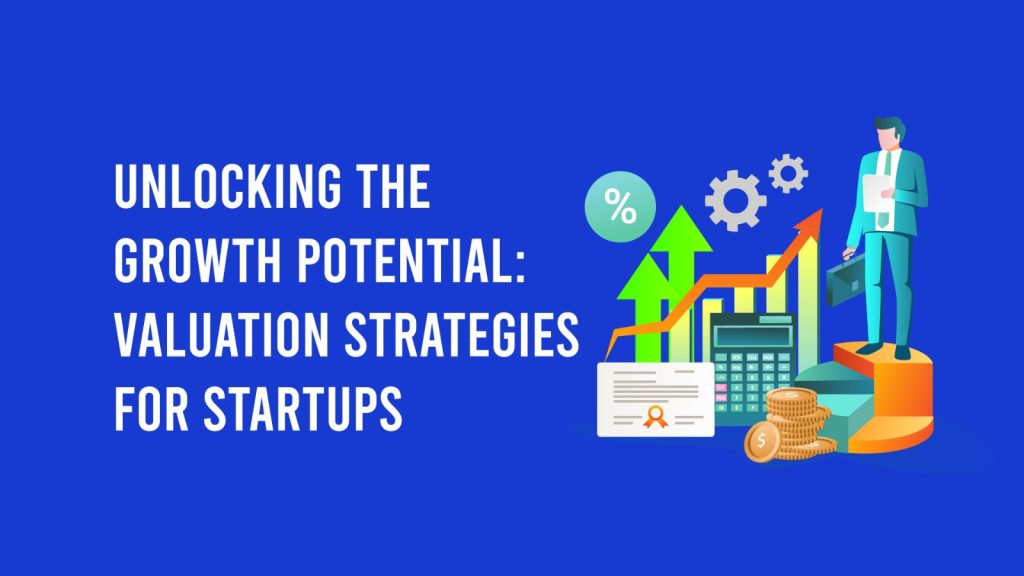Unlocking the Growth Potential: Valuation Strategies for Startups
In the dynamic landscape of entrepreneurship, valuation stands as a pivotal tool, capable of propelling startups towards unprecedented growth trajectories. It’s not just a financial metric; it’s a strategic lever that can open doors to funding, attract top talent, and fuel expansion into new markets or product innovations.The decision to seek external funding or bootstrap can significantly shape a startup’s journey. While funding from investors can provide the necessary capital for rapid scaling, bootstrapping allows for autonomy and a focus on immediate profitability. Ultimately, the choice hinges on the unique needs and aspirations of each venture.

But how does one arrive at a startup’s valuation? It’s a multi-faceted process that involves a comprehensive evaluation of financial indicators, revenue streams, competitive positioning, growth prospects, and intangible assets. Let’s break down the steps involved:
Extract Financial Data: Begin by delving into the financial statements to understand the company’s fiscal health, including cash flow, balance sheets, and income statements.
Examine Revenue Sources: Analyze revenue streams to identify sources of income and assess their predictability and stability, discerning trends that could impact future earnings.
Analyze the Competitive Landscape: Gain insights into the competitive environment by studying rivals, their market share, and growth potential, positioning the startup within the industry ecosystem.
Assess Growth Prospects: Evaluate the company’s growth potential based on its value proposition, target market size, and strategic alliances, exploring avenues for expansion like new product lines or market penetration.
Employ Valuation Techniques: Utilize valuation methodologies such as discounted cash flow analysis, market multiples analysis, and precedent transactions analysis to ascertain the company’s worth.
Consider Intangible Assets: Recognize the significance of intangible assets like brand equity, reputation, and customer relationships, which contribute to the overall valuation.
Valuation, however, is not a one-size-fits-all endeavor. It demands expertise and nuance, often necessitating collaboration with seasoned professionals who possess industry-specific insights. The valuation process itself follows a structured approach:
Define the Purpose: Identify the asset to be valued and the objective of the appraisal, gathering pertinent information to inform the valuation process.
Data Collection: Collate relevant data, including market trends, financial records, and other pertinent details that could influence the asset’s valuation.
Selection of Valuation Techniques: Choose appropriate methodologies based on the gathered information, tailoring the approach to suit the unique characteristics of the asset.
Determination of Value: Apply selected valuation techniques to determine the asset’s worth, considering future financial projections, market comparables, and industry dynamics.
Review and Adjustments: Evaluate the valuation findings, making necessary adjustments and accounting for intangible factors that impact the asset’s value.
Reporting: Compile a comprehensive report outlining the appraisal findings, which can be utilized for financial reporting, tax compliance, legal purposes, and strategic decision-making.
While a high valuation can enhance a startup’s visibility and attractiveness to investors, it’s essential to recognize that success hinges on more than just financial metrics. A robust business plan, product-market fit, and effective execution are equally vital for sustainable growth and long-term success.
In essence, valuation serves as a guiding beacon, illuminating the path towards growth and innovation. By harnessing its power judiciously, startups can navigate the complexities of the entrepreneurial journey with confidence and clarity.


